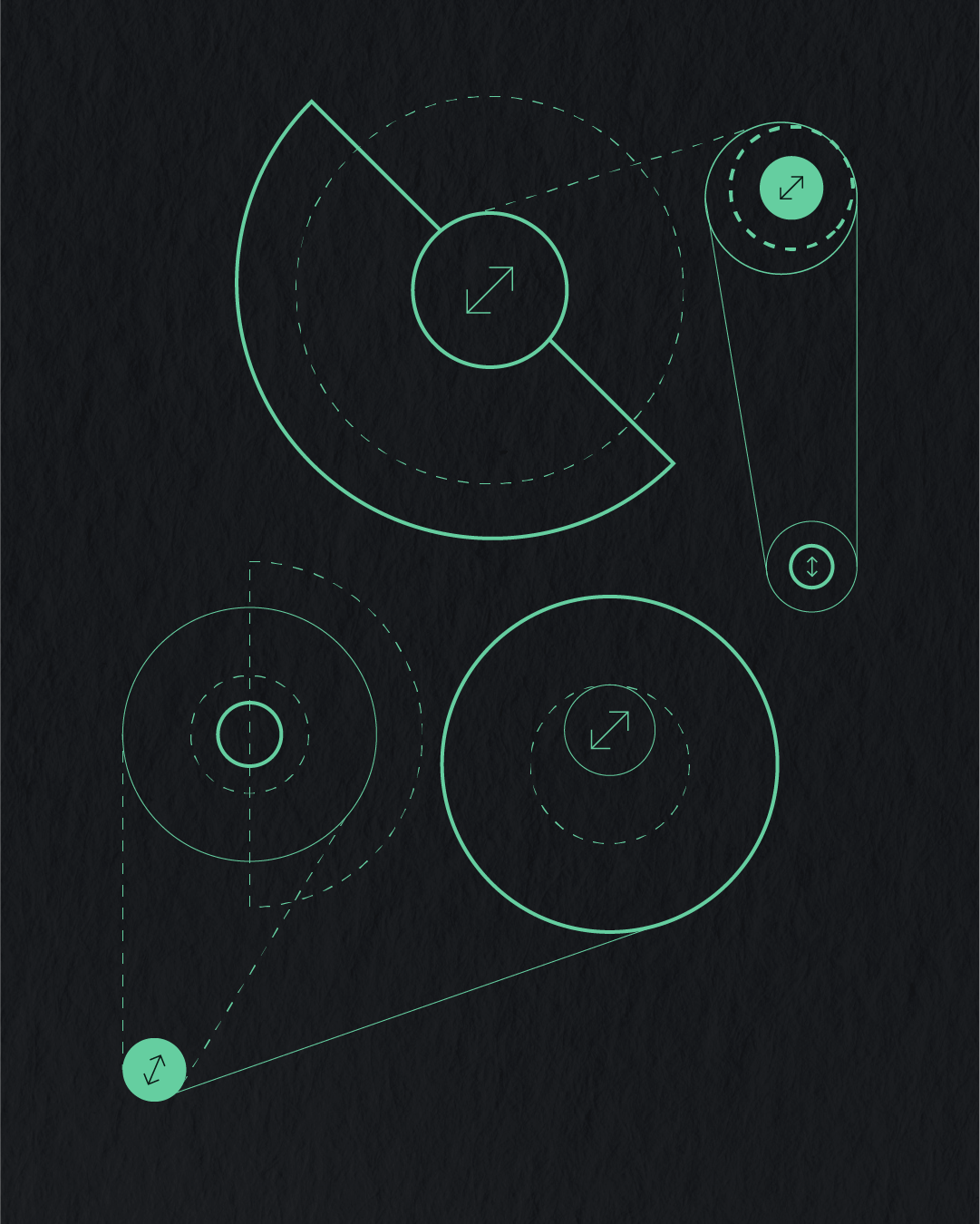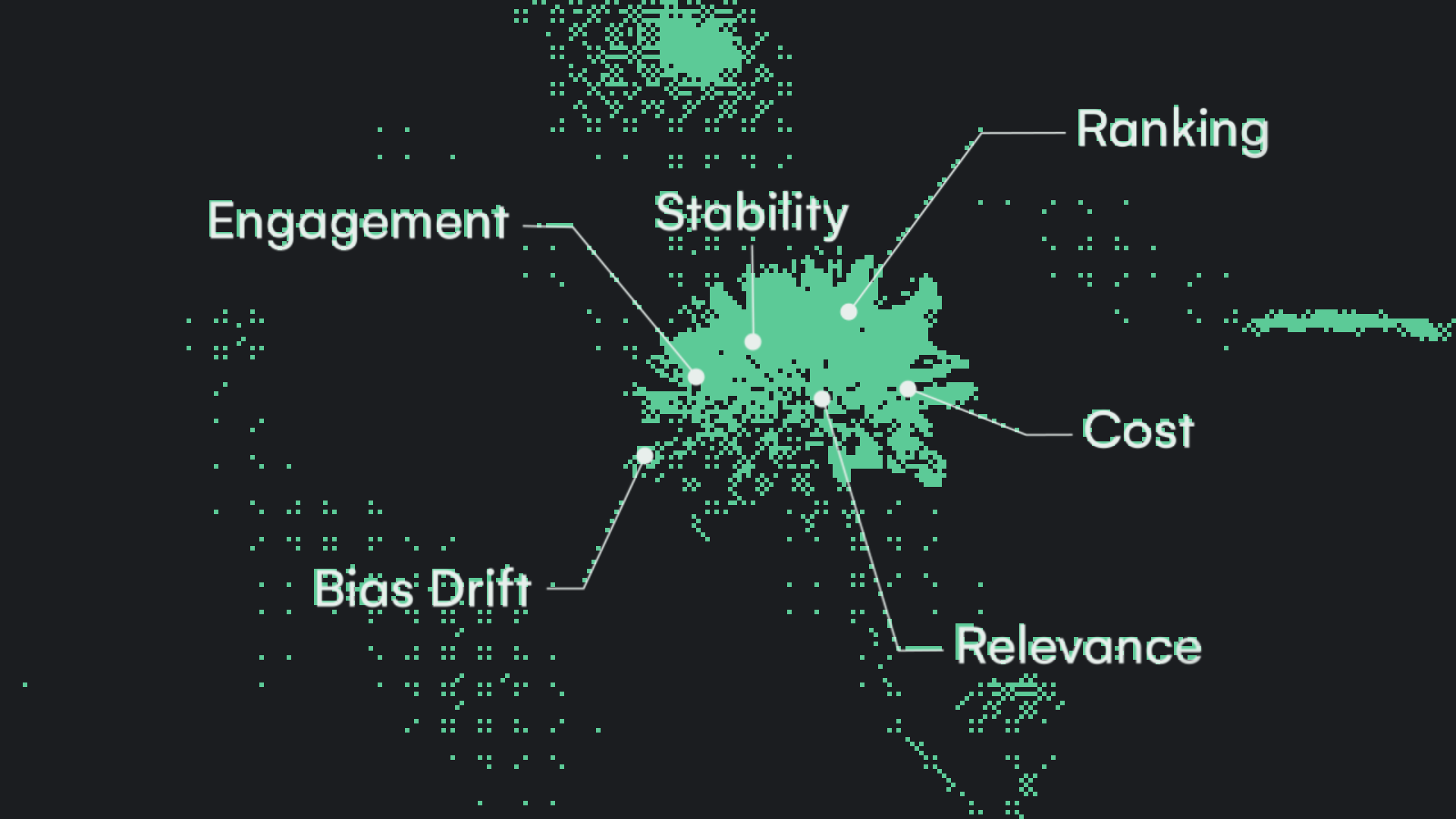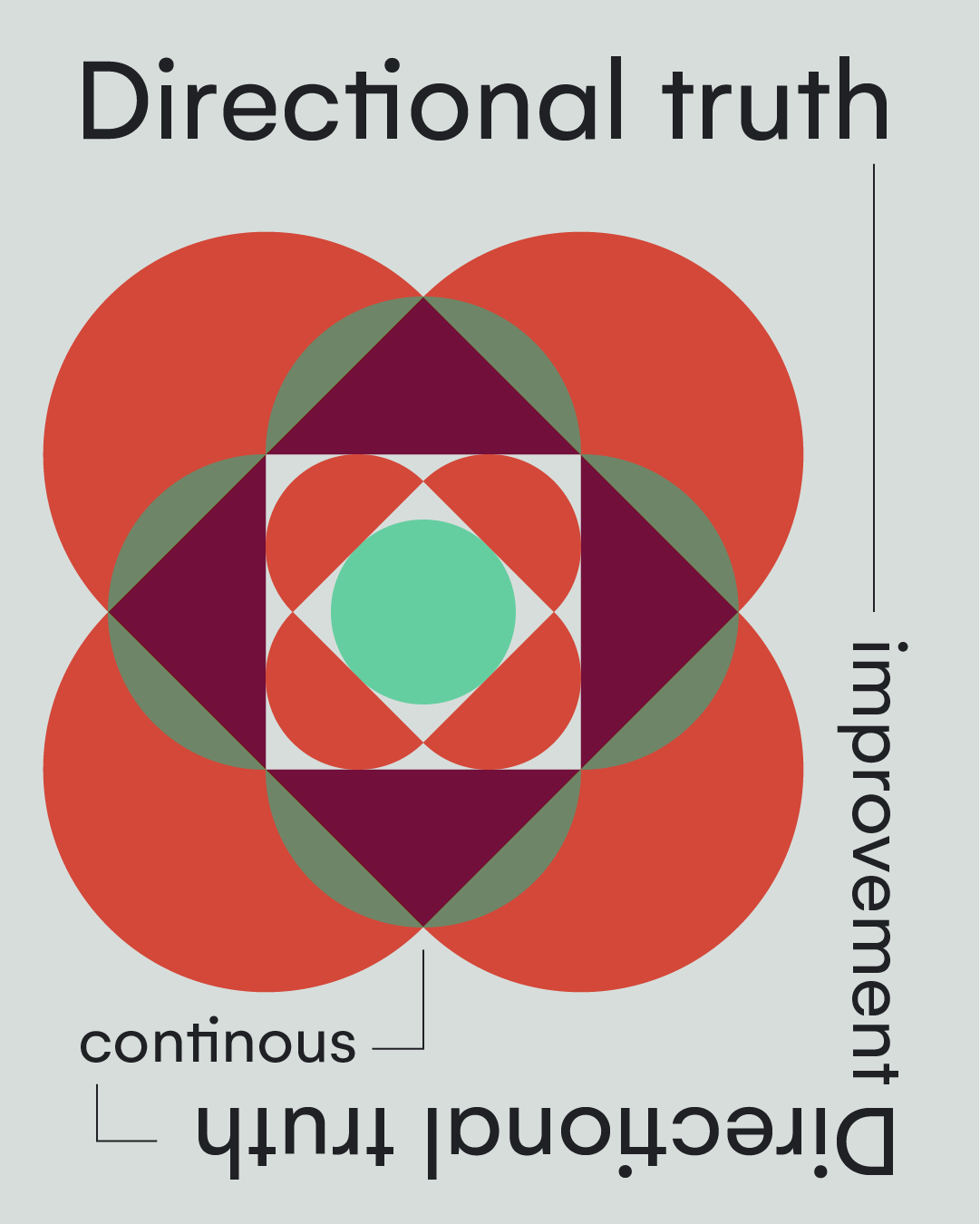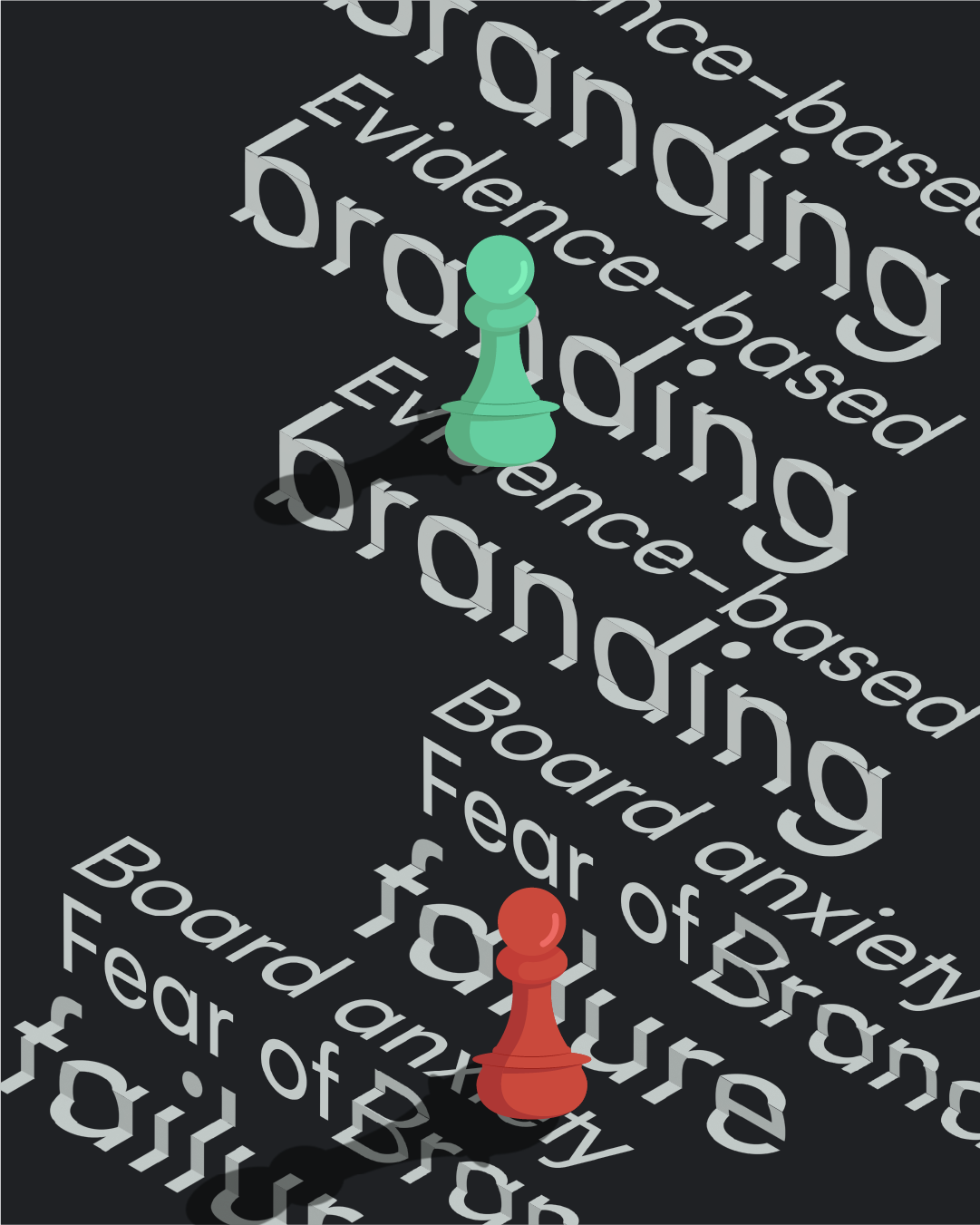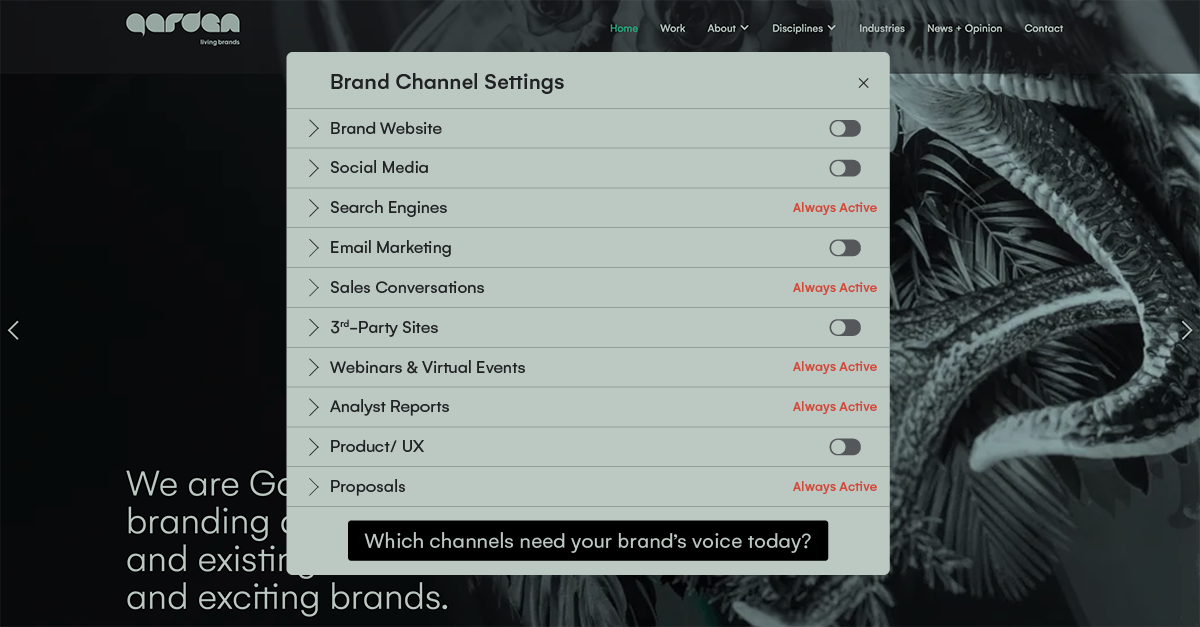Don’t waste my time – People don’t have time for brand fluff; talk less but talk smart!
You know what’s really annoying? People who talk too much!
And not just people but things in general. For example, you know when you watch a film that lasts for hours and you sit there and eventually stumble out of the cinema nursing a sore behind and you wonder “so what was the point of the 1st hour? It didn’t really tell me that much. OK, maybe we could have kept some of it but definitely lost a good 20 minutes. And come to think of it, they really dragged towards the end there.” So in the end, you could have ended up with a great hour and a half rather than a long and drawn out 3 hours. OK, I’m not saying everything should be purely practical and functional – there is and should be scope for the artistic for the sake of it – but there’s always a limit.
The point of this piece is pretty simple really: we live in an age where time is at a premium – we want to know what something does and quickly. What’s the benefit to me here? Will it improve my life? Will it entertain me? What does it cost?
Recently I downloaded an app called AppGratis – a brilliant concept for those who – like me – don’t like parting with money. The idea is simple – get a paid app for free every day. The people behind AppGratis negotiate with the app developers, feature their app for 24 hours and move on to the next. Like I say, a brilliant idea and it’s definitely one that I refer to regularly.
The only problem is this. It’s completely mysterious at 1st glance what each and every app actually does. Any meaning is buried under a vaguely tenuous and wooly intro paragraph (or 2). Usually buried even deeper somewhere in the middle of the 2nd paragraph is where you’ll get a clue as to what the app is actually for.
I suppose it’s pretty clear on the law of averages that not every app is going to appeal to me, but surely that makes a functional and practical intro even more appropriate? Or just get to the point!
This brings me to one the best things I ever heard in relation to brands – what’s the point? A simply brilliant question. And one every brand should ask itself. What’s your purpose? What are you trying to say? Why are you saying that for? Does this improve or detract? Are we talking to the right people?
If brands constantly asked these types questions, I reckon life would be a lot simpler. And isn’t simplification a good thing? The best and most lauded inventions tend to do just that, simplify; the computer, the plane, the wheel…All these things make our lives easier, more efficient and even more fun.
Maybe the pointless wording only takes away 20 seconds from my life everyday. But it’s an annoying 20 seconds. And I remember it and I’m not getting it back! And the more a brand communicates fluff the least likely that that will then turn into a brand experience.
Perhaps it’s just a question of time. The more brands think, the more they understand what they are about, the more they understand what their audience is about, the less they have to say. Or as Blaise Pascal once put it “I have made this letter longer than usual, only because I have not had the time to make it shorter”.
So, the moral is THINK MORE > LEARN MORE > THINK SMART > SPEAK LESS
And that lesson is truly universal and shouldn’t purely be restricted to brands. I started on a film analogy and I will (sort of) close on one. Many years ago, I believed that the key to delivering a good & effective presentation was to build slowly and get to a big (maybe even “audience- surprising”) finish. What I neglected to realise at that time was that I wasn’t there to entertain: I was there to deliver a solution. So, the approach changed to: 1) 1st tell your audience what you propose, why & how they are going to benefit and 2) then tell them how you are going to do it.
Put simply: if you believe in your solution (which, of course, you should!) then you have the audience with you within the 1st couple of minutes. If you bore them with peripherals then you lose them and you may not get them back. If you don’t believe in the solution then maybe you should start over…
(Oh, I’m aware of the irony of me including an analogous pre-amble here by the way!)






.jpg)


.jpg)














.jpg)






